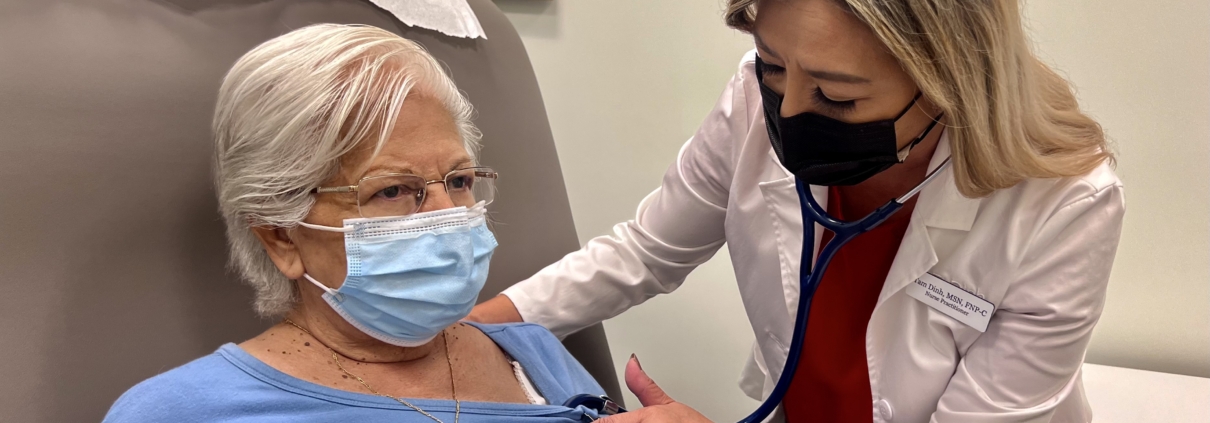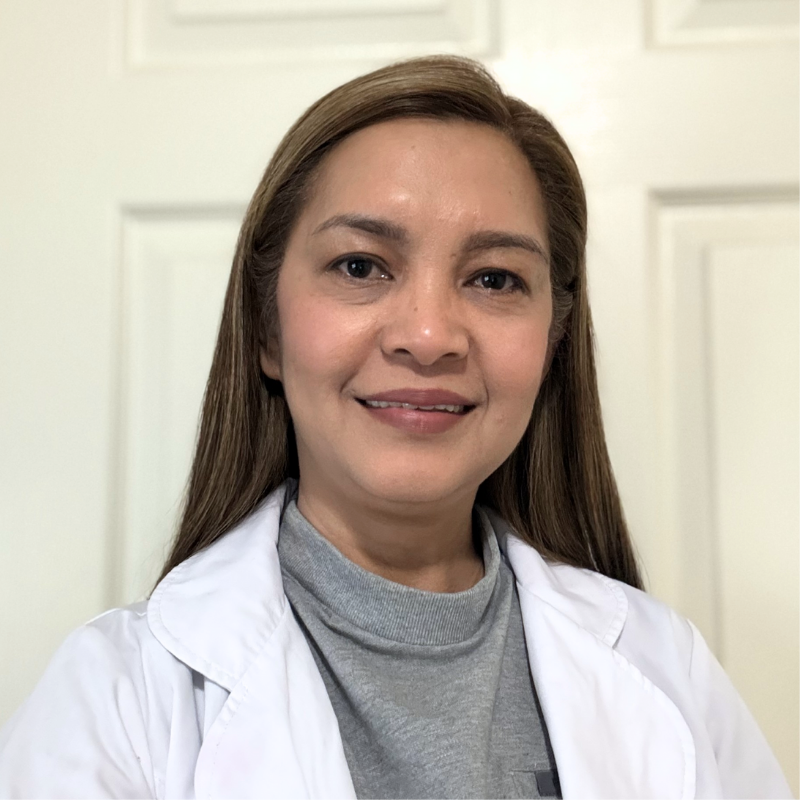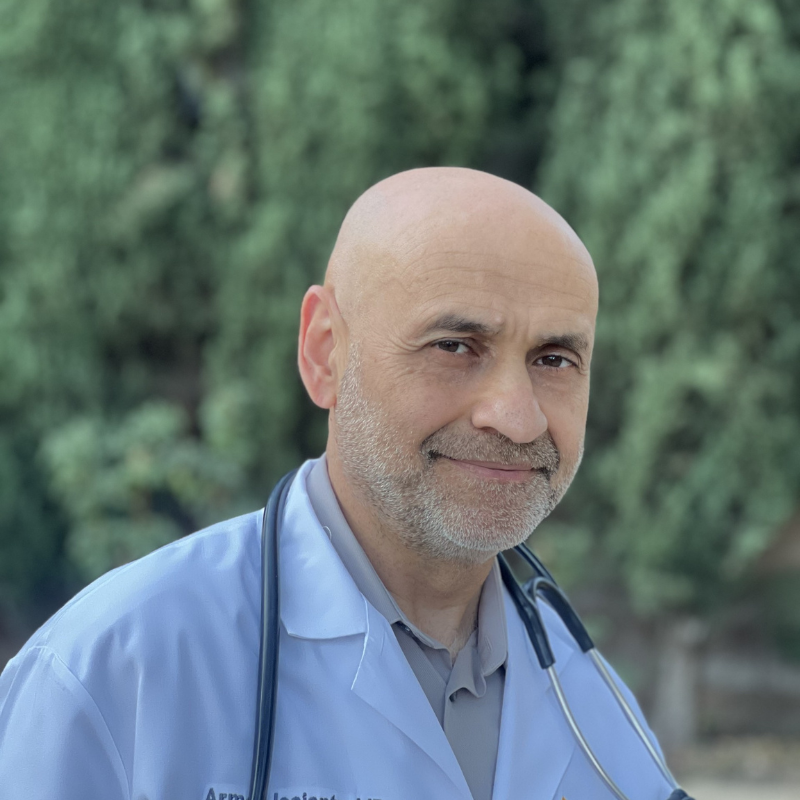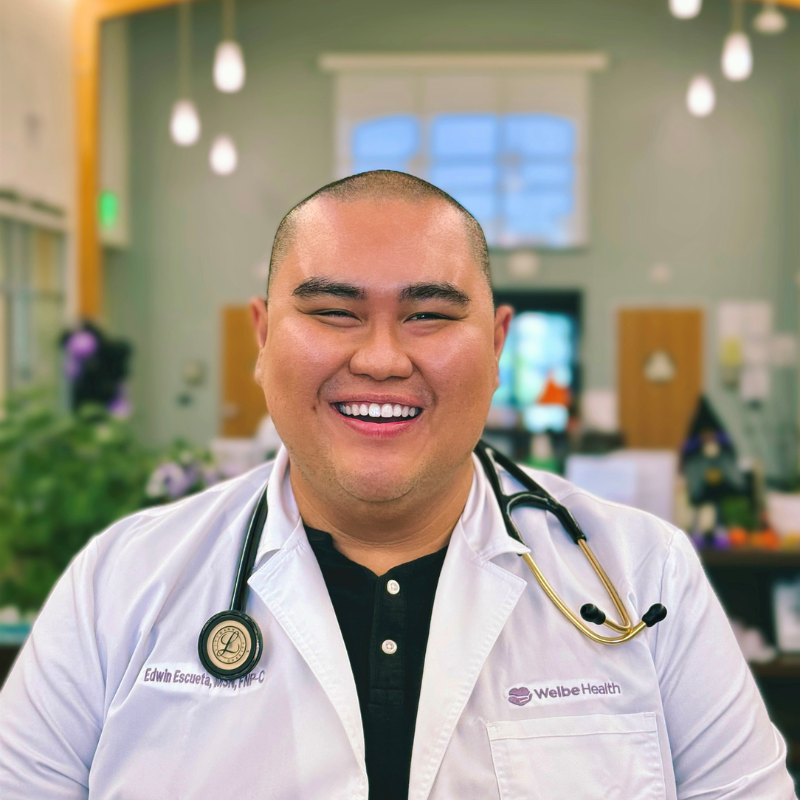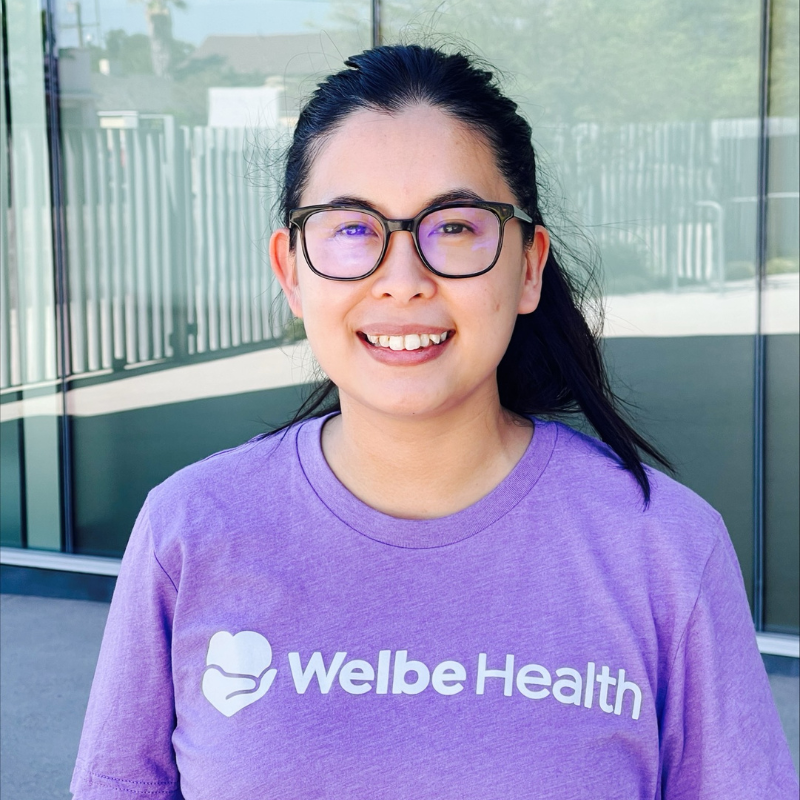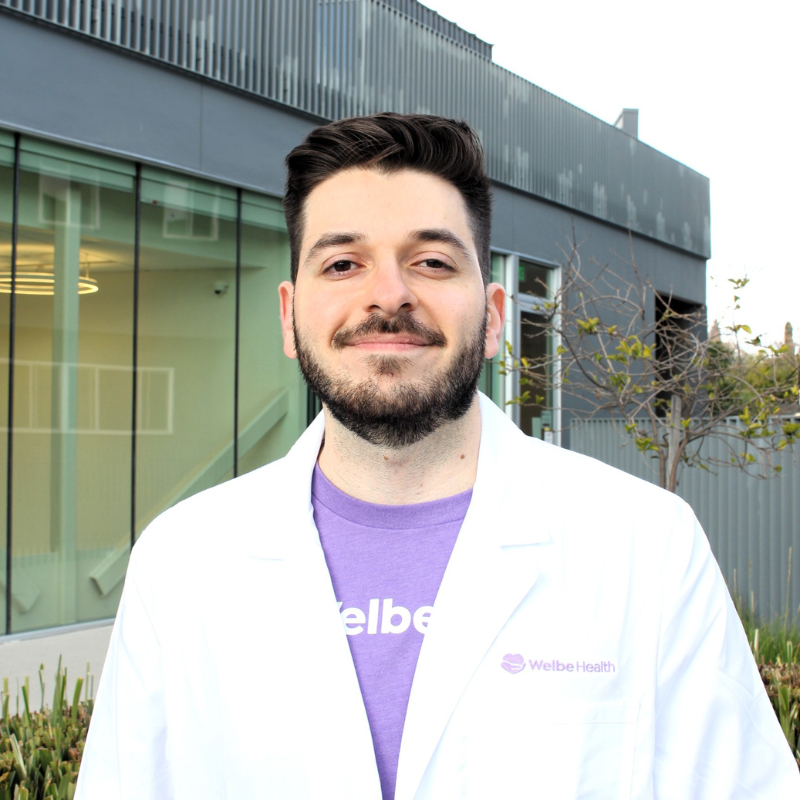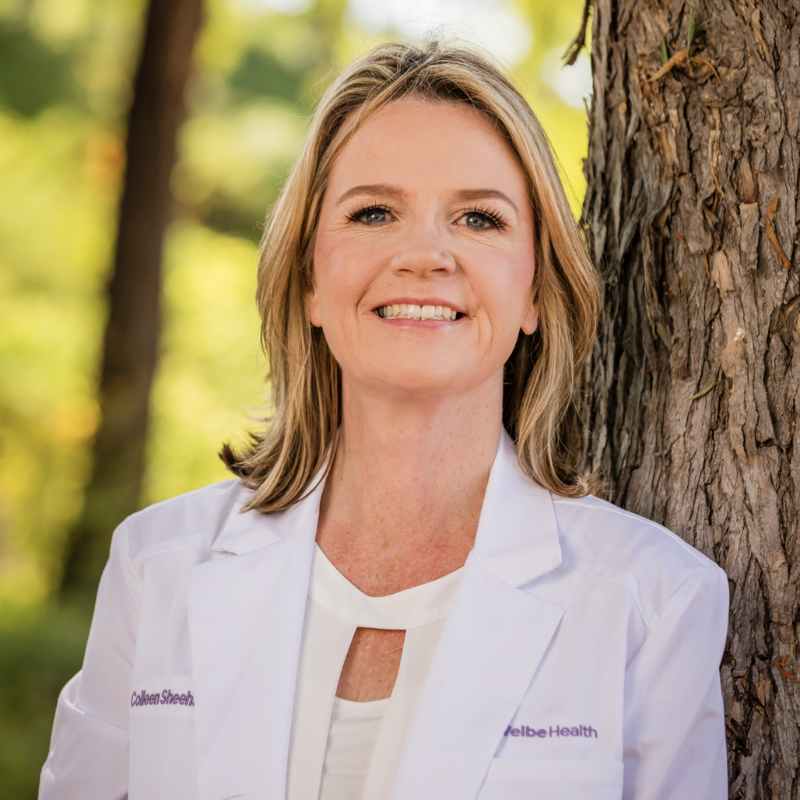The Importance of Routine Screenings for Senior Well-Being
Taking care of your health becomes even more important as you age. One of the best ways to stay healthy and catch potential problems early is by getting routine health screenings. Regular checkups and tests can help seniors prevent serious conditions, manage ongoing health issues, and enjoy a higher quality of life. This guide explains why routine screenings are so important and what you can do to stay on top of your health.
Why Routine Screenings Matter
Routine screenings are like your body’s checkup system. These tests help find health problems before they get serious. Many conditions, such as heart disease, diabetes, and cancer, don’t show symptoms right away. But with screenings, doctors can catch them early and provide timely care.
For seniors, this is especially important. Aging bodies undergo many changes, and regular tests can make sure any issues are caught and treated in time.
Benefits of Routine Screenings
- Early Detection: Spot problems like high blood pressure, cholesterol, or cancer before they worsen.
- Better Disease Management: Keep conditions like diabetes or arthritis under control.
- Peace of Mind: Knowing you’re healthy can reduce stress and help you feel more confident.
Key Health Screenings for Seniors
Here are some routine screenings that are especially important for older adults.
1. Blood Pressure Checks
High blood pressure often has no symptoms but can lead to heart disease or stroke. Getting regular blood pressure checks can help you manage this condition early.
- How Often? At least once a year, or more if your doctor recommends it.
2. Cholesterol Tests
High cholesterol increases your risk of heart disease. A simple blood test can measure your cholesterol levels and guide your diet or treatment plan.
- How Often? Every 4–6 years, or more frequently based on your health.
3. Diabetes Screening
Seniors have a higher risk of type 2 diabetes, which can lead to serious complications if untreated. Blood sugar tests can help catch diabetes early.
- How Often? Every 1–3 years, depending on your risk factors.
4. Bone Density Test
Osteoporosis is common in older adults and increases the risk of fractures. A bone density test measures the strength of your bones.
- How Often? Women over 65 (and men if at risk) should get tested every 2 years.
5. Cancer Screenings
Certain types of cancer, like colon and breast cancer, are more common with age. Regular screenings can detect these cancers early.
- How Often? Follow your doctor’s advice for screenings like mammograms or colonoscopies.
6. Vision and Hearing Tests
Changes in vision or hearing are common as you age. These tests help you adjust your glasses or consider hearing aids if needed.
- How Often? At least once a year.
7. Vaccinations
Screenings aren’t just about tests; keeping up with vaccines is also important. Flu, pneumonia, and shingles vaccines can protect you from serious illnesses.
- How Often? Follow your doctor’s vaccine schedule.
Tips for Staying on Top of Screenings
Managing regular checkups can feel overwhelming, but these tips make it easier to stay on track.
- Keep a Schedule: Mark important screening dates on a calendar or set reminders.
- Talk to Your Doctor: Discuss your health and ask which screenings you need.
- Bring a Friend or Family Member: Having support can make appointments easier.
- Use PACE Services: The Program of All-Inclusive Care for the Elderly (PACE) provides coordinated health care, including routine screenings, to keep seniors independent and healthy.
How Routine Screenings Improve Your Well-Being
Screenings give you valuable information about your body and help your doctor make the best decisions for your care. Staying on top of your health not only prevents problems but also helps you stay active, independent, and full of life.
By identifying issues early, routine screenings can save lives and help you enjoy a better quality of life. Whether it’s a quick blood pressure check or a full wellness exam, each test is a step toward long-term health.
Take Charge of Your Health Today
Your health is your most valuable asset. By scheduling routine screenings, you can take control of your well-being and prevent future problems. Talk to your doctor today about which screenings are right for you. Taking these small steps now can lead to a brighter, healthier future!
This blog is for informational purposes only and is not intended as professional advice. Always consult a qualified healthcare provider or specialist for specific questions or concerns.
It’s your life. Live it your way.
WelbeHealth provides full-service healthcare and personalized support to help your loved ones age well at home and in your community. Our Program of All-Inclusive Care for the Elderly (PACE) meets the changing needs of seniors, often at no cost, while helping you navigate life as a caregiver. To see if you qualify, call: (888) 750-0248 | TTY 711 or visit: welbehealth.com/contact

